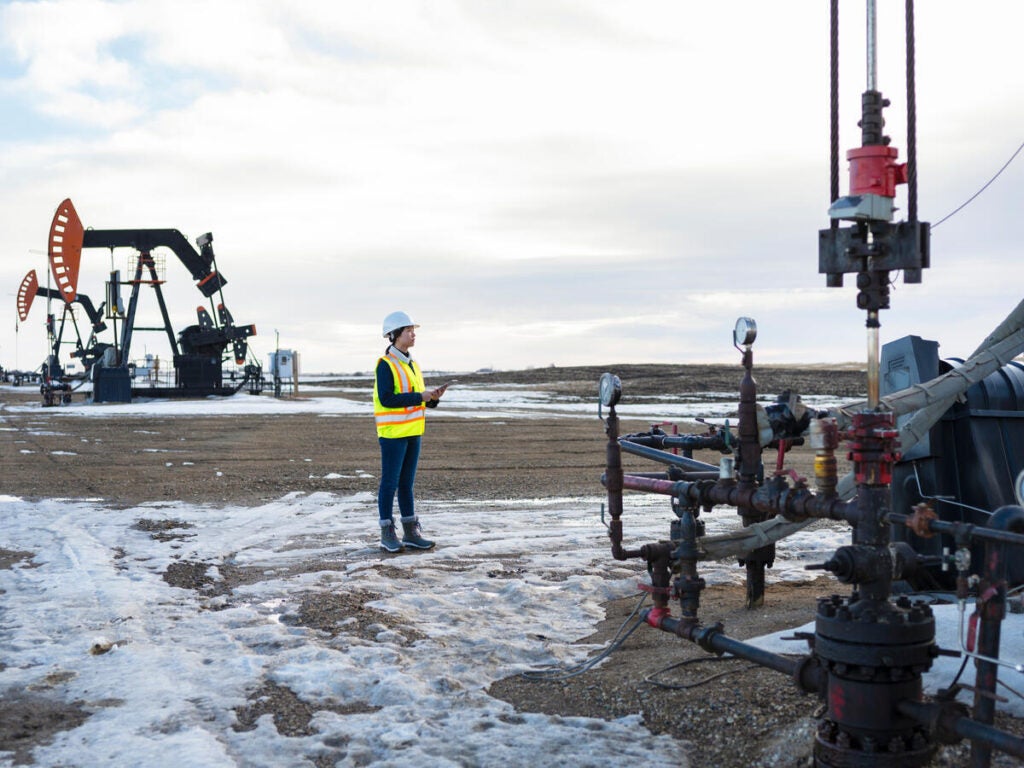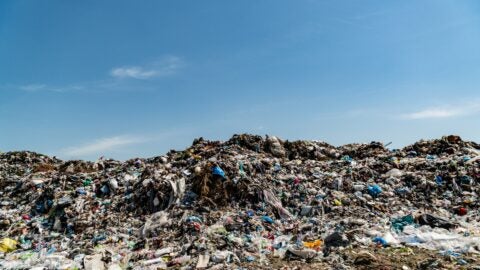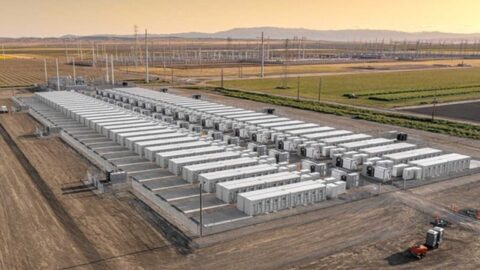Asian economies want low-emission natural gas – here’s how Canada can deliver
- Japan’s government and Canada’s government are both backing an effort to build stronger emissions monitoring for the natural gas that Japan buys internationally.
- Canada’s leaders can seize this opportunity for international climate leadership by finalizing federal methane regulations for Canadian production.
The world is paying attention to methane, and major energy producers and importers are stepping up to make sure that global progress on reducing emissions continues. A recent announcement from Japan shows why the Canadian Government under Prime Minister Mark Carney is perfectly positioned to step up and lead the world forward on a crucial climate issue.
Asian economies want low-emission natural gas – here’s how Canada can deliver Share on XOn June 20th, Japan’s Ministry of Economy, Trade and Industry announced strengthened efforts to increase transparency across the liquefied natural gas supply chain and to reduce greenhouse gas emissions. These new efforts are backed by the Canadian Government, Environmental Defense Fund, the UN International Methane Emissions Observatory, and other key partners.
The announcement builds on actions by the CLEAN initiative launched by Japan and Korea which encourages LNG producers to improve emissions performance management practices. Japan, an important LNG buyer, is sending a strong signal that lower-emissions LNG matters to them and they want operators to establish better transparency protocols to ensure that “lower-emissions LNG” really lives up to its name.
If Prime Minister Carney wants to pair this new effort with passing federal methane regulations that match the ambition of leading subnational efforts, he can propel Canada towards an unprecedented level of international leadership on a crucial climate issue.
It’s no surprise to see the Canadian government involved in METI’s latest work, given that Canada has just started producing LNG for export to the Pacific, and a ship that arrived in B.C. yesterday will be loaded up with fuel and sent back to Asia.
Japan’s increasing efforts to foster cleaner LNG supply chains bolster momentum from other emerging initiatives (like the developing regulations in the EU) to determine how best to track and reduce the methane emissions of imported gas globally. If Japan, the EU, and other major fuel importers continue to strengthen and align these early-stage efforts, the world will soon see a game-changing increase in global demand for low-emissions natural gas.
This momentum sets the stage for leading gas-producing countries to step up and show the world that reducing methane emissions is essential to staying competitive in the global market. Canada has an opportunity to lead the way — charting an ambitious win-win course that prioritizes trade independence, fosters economic security and still takes climate change seriously.
One of the best ways Prime Minister Carney’s Government can show that it’s ready to lead the world on methane is by quickly finalizing the regulations that were crafted over a year ago and that the Liberal Government re-committed to passing in its electoral platform. The methane regulations would deliver quick results and lack the political baggage of other climate policies like the previous government’s Consumer Carbon Tax. They’d also support the growth of Canada’s domestic methane mitigation industry, which has been a reliable source of well-paying jobs around the nation.
These regulations would be a domestic and international win for Canada’s economy while sending a message to trade partners and international actors that the new Prime Minister is ready to take the lead on methane mitigation. Supporting this effort to improve supply chain transparency is a big step towards a brighter climate future — the question now is whether Prime Minister Carney’s government is willing to follow through on its commitment to make Canada a leader in low-emission energy production.













